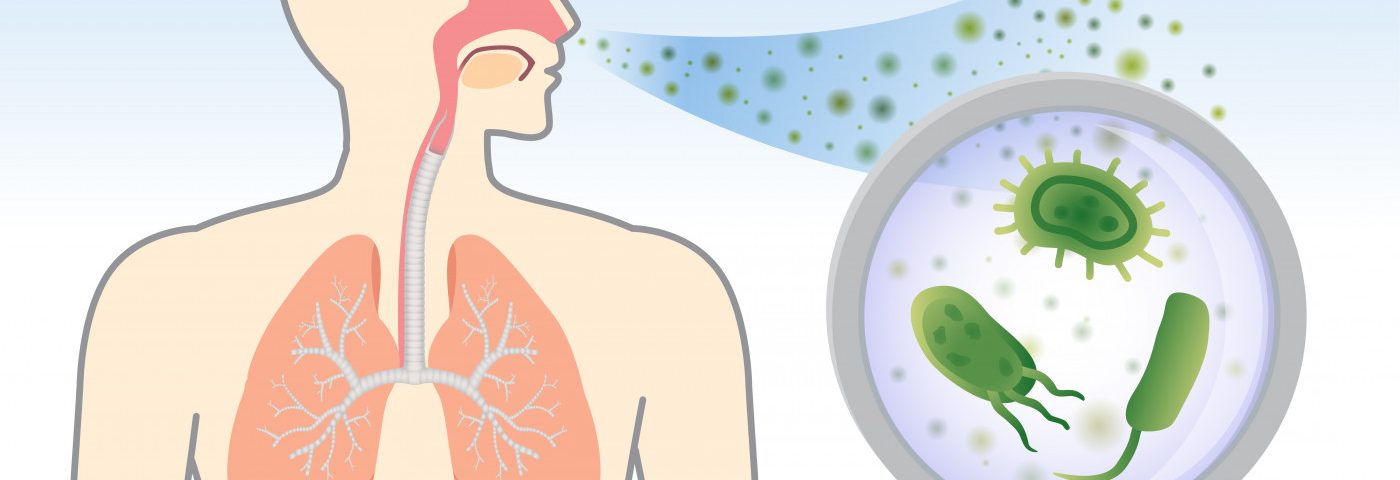An airway infection caused by Staphylococcus aureus is not an independent risk factor for more severe disease in bronchiectasis patients, a study published in the Annals of the American Thoracic Society reports.
People with bronchiectasis are prone to infections that can create a ‘vicious cycle’ of inflammation, exacerbations, and progressive airway damage, marked by worsening disease symptoms.
The most common source of these infections is the bacteria Pseudomonas aeruginosa, linked both to more severe disease and poorer outcomes, and often resistant to treatment. But little is known about the impact of other micro-organisms, including S. aureus — which the researchers noted was also “commonly cultured from the sputum of patients with bronchiectasis.”
In the study “The Prevalence and Significance of Staphylococcus aureus in Patients with non-Cystic Fibrosis Bronchiectasis,” a team led by Mark Metersky, with the University of Connecticut School of Medicine, evaluated the prevalence of S. aureus in bronchiectasis patients, and its association with disease severity and prognosis.
Researchers analyzed clinical data covering 830 patients with non-cystic fibrosis bronchiectasis who were included in the United States Bronchiectasis Research Registry (BRR), which is sponsored by the COPD Foundation.
Participants were separated into three groups according to baseline analysis of their sputum: positive for S. aureus; negative for S. aureus, but positive for Pseudomonas, Stenotrophomonas or Burkholderia; and negative for all tested bacteria (S. aureus, and Pseudomonas, Stenotrophomonas or Burkholderia).
Sputum analysis revealed a total of 94 patients (11.3 percent) were positive for S. aureus, of whom 32 also had infections traced to other bacteria tested: Pseudomonas, Stenotrophomonas or Burkholderia. In 22 of these patients, at least one S. aureus isolate detected was methicillin-resistant, commonly identified as MRSA.
Patients positive for S. aureus bacteria were more likely to have had a pulmonary exacerbation prior to entering the registry and a lower baseline pulmonary function than the group no evidence of infection by the analyzed micro-organisms.
No significant difference in pulmonary function or its decline was detected among the three groups.
Comparison of follow-up data concerning the number of exacerbations, hospitalizations, and changes in pulmonary function also did not reveal a significant difference among these groups.
“These results suggest that in patients with bronchiectasis, isolation of S. aureus might be a marker for more severe disease, but do not support S. aureus being a driver of more severe disease,” the researchers concluded.

